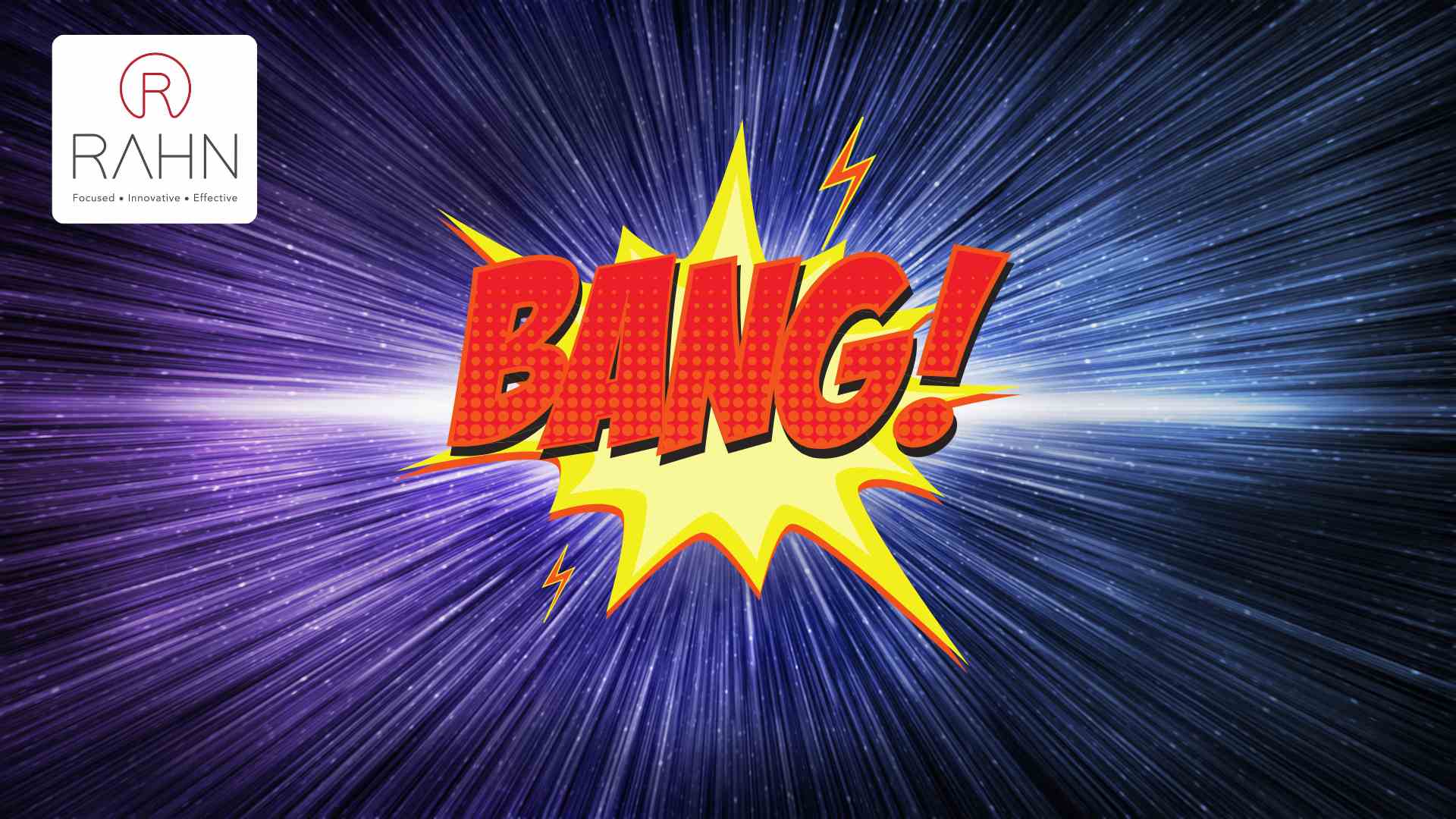How to Choose the Right IT Recruitment Partner for Financial Services
What to Look for in an IT Recruitment Partner for Financial Services
Hiring the right IT talent has become one of the biggest challenges in financial services, which is why many organisations rely on an experienced IT Recruitment Partner. Banks, insurers, retailers, and fintech firms all depend on reliable data, secure systems, and scalable technology, yet skilled professionals are in short supply.

That’s why many organisations turn to IT recruitment services or specialist staffing solutions. The problem is not whether to use a recruitment partner, but how to choose the right one for a highly regulated, data-driven environment.
Why IT recruitment is different in financial services
Financial services recruitment is not the same as general hiring. Technology roles in this sector come with unique demands:
- Strict regulatory and compliance requirements
- High expectations around data security and privacy
- Complex legacy systems alongside modern cloud platforms
- Business-critical systems with little tolerance for failure
A recruitment agency that works across all industries may understand how to fill roles quickly, but not how to hire skilled professionals who can operate in banking, insurance, or retail finance environments.
That’s why many firms now prefer specialist recruitment services with direct experience in financial services.
Step 1: Look for proven financial services experience
The first question to ask any IT recruitment partner is simple:
Have they placed candidates in financial services before?
A strong partner should understand:
- Core banking and financial platforms
- Data and reporting requirements
- Risk, compliance, and governance structures
- The difference between technical skill and regulatory readiness
This experience helps reduce hiring mistakes and shortens onboarding time. It also ensures candidates are ready to work within regulated environments from day one.
Step 2: Assess their access to specialist IT and data talent
Financial services firms increasingly need more than general IT staff. Demand is highest for specialists in areas such as:
- Data engineering and analytics
- Cloud and infrastructure
- Cybersecurity
- Systems integration
- Software development for financial platforms
The right IT recruitment partner should offer financial services recruitment that goes beyond CV matching. Look for agencies that actively recruit, assess, and place niche technical talent, not just maintain a general database.
Ask how they evaluate candidates’ technical ability, industry experience, and cultural fit.
Step 3: Understand their staffing model
Not every hiring need is permanent. Many financial organisations require flexibility, especially during transformation projects or system upgrades.
A strong partner should be able to support:
- Permanent placement
- Temporary staffing
- Contract and project-based roles
- Staff augmentation for specialist skills
Some firms also explore offshore staffing or hybrid teams to manage costs. If this is relevant to your business, ensure your recruitment partner can advise on structure, governance, and quality control rather than simply offering low-cost resources.
Step 4: Evaluate their understanding of risk and compliance
In financial services, a bad hire is more than an inconvenience. It can expose the business to operational, regulatory, or reputational risk.
Your IT recruitment partner should demonstrate clear processes around:
- Background and reference checks
- Compliance screening
- Data protection and confidentiality
- Ethical recruitment practices
This is especially important when hiring contractors, remote staff, or offshore teams. A reliable partner helps protect your organisation, not just fill vacancies.
Step 5: Look for consultative, not transactional, recruitment
The best recruitment services act as advisors, not CV brokers.
A strong partner will:
- Challenge unclear role requirements
- Help refine job descriptions based on market reality
- Advise on salary benchmarks and availability
- Align recruitment strategy with long-term business goals
This consultative approach is particularly valuable in financial services, where technology, regulation, and talent markets change quickly.
Common mistakes to avoid when choosing a recruitment partner
Many organisations struggle with IT recruitment because they fall into the same traps:
- Choosing a generalist agency with no financial services focus
- Prioritising speed over quality
- Ignoring cultural and regulatory fit
- Treating recruitment as a one-off transaction instead of a partnership
Avoiding these mistakes can save time, reduce turnover, and improve project outcomes.
Why specialist recruitment partners deliver better outcomes
Specialist IT recruitment partners focused on financial services combine industry insight with technical expertise. This leads to:
- Faster access to relevant candidates
- Better quality hires
- Lower hiring risk
- Stronger long-term retention
For organisations undergoing digital transformation or scaling data capabilities, this kind of partnership becomes a competitive advantage.
Companies like Rahn Consolidated focus on aligning IT recruitment with broader data, process optimisation, and business objectives, helping financial services firms build teams that support growth rather than slow it down.
Final thoughts
Choosing the right IT recruitment partner is not just about filling roles. It’s about ensuring your technology teams can operate securely, efficiently, and in line with regulatory expectations.
By prioritising financial services experience, specialist talent access, flexible staffing solutions, and a consultative approach, organisations can make smarter hiring decisions and reduce risk in an increasingly complex environment.
This guide walks through what financial services firms should look for in an IT recruitment partner, the mistakes to avoid, and how the right choice can reduce risk while accelerating delivery.

